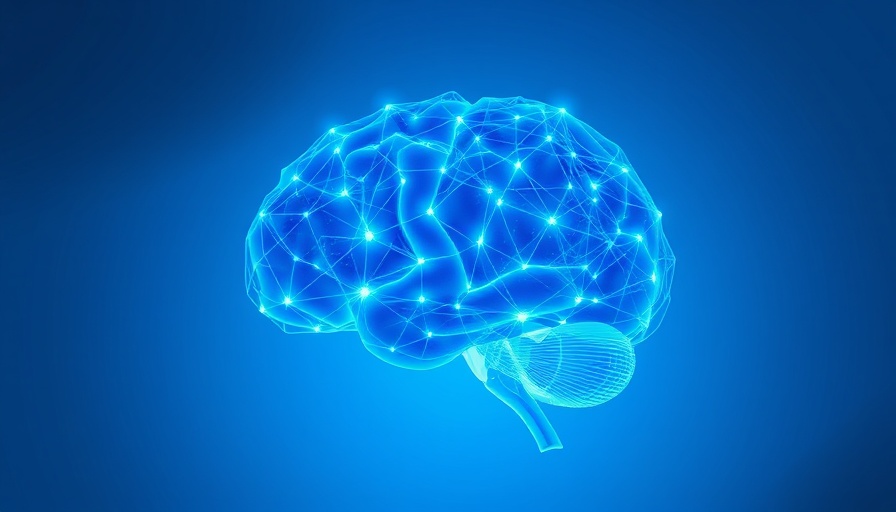
The Best Weight-Loss Diets: Sustainable Choices for Real Results
Weight loss can feel like an uphill battle, especially when conflicting information bombards you from all directions. As a Clinical Weight-Loss Practitioner, I emphasize the importance of selecting diets that are not only effective but also sustainable for long-term success. Quick fixes often lead to disappointment; instead, focusing on gradual, maintainable changes is the key to ensuring lasting results.
Understanding the Core of Effective Diets
While various diets exist—each with its own philosophies about food timing, types, and portions—they all hinge on one unified principle: achieving a calorie deficit. This is crucial for weight loss. Diets should emphasize whole, unprocessed foods while promoting healthy cooking habits to create a positive relationship with food.
The Mediterranean Diet: A Wholesome Way to Eat
The Mediterranean diet is lauded for its holistic approach to eating. By heavily incorporating plant-based foods such as vegetables, legumes, fruits, whole grains, and healthy fats like olive oil, it supports not only weight loss but also overall health. The emphasis on moderation and unprocessed ingredients helps individuals to feel full while still maintaining a calorie deficit.
The Okinawan Diet: Lessons from Longevity
Inspired by the traditional eating habits of the Okinawan people, this diet focuses on nutrient-rich foods that promote longevity and health. Characterized by a plant-based diet, it centers around vegetables and legumes while boasting low-calorie intake—ultimately contributing to lower obesity rates and chronic diseases.
Behavior Changes that Promote Lasting Weight Loss
As highlighted in various studies on sustainable weight loss, success lies not just in dietary choices but also in the implementation of productive behavioral changes. For instance, recognizing the lifestyle triggers that lead to unhealthy eating can clarify where adjustments are needed. Simple things like eating more home-cooked meals instead of takeout can go a long way.
The Power of Gradual Change
Research indicates that the most effective weight loss occurs gradually, akin to 1 to 2 pounds per week over an extended period. This approach not only reduces the stress often associated with drastic diets but also leads to better adherence. It’s worth noting that losing weight should never mean losing out on essential nutrients, which most crash diets fail to provide.
Setting Realistic Goals for Long-Term Success
Setting achievable goals makes the weight loss journey feel less daunting. Instead of aiming for an immediate transformative diet overhaul, consider breaking down your larger weight goals into smaller, actionable steps. For example, targeting a loss of 5-10% of body weight first can lead to significant health improvements.
Finding Support on Your Weight Loss Journey
Weight loss can be a lonely journey, so finding a support system can dramatically increase your chances of success. Whether it's joining a weight loss group or engaging with supportive friends and family members, accountability can make a huge difference in your ability to stick to your plan.
The Role of Physical Activity in Weight Maintenance
Incorporating physical activity into your routine can significantly impact your weight loss results. The Centers for Disease Control and Prevention recommends about 150 minutes of moderate aerobic activity each week, combined with strength training at least twice per week. This not only aids weight management but also enhances overall health.
Conclusion: Start Your Sustainable Weight Loss Journey Today!
The path to weight loss doesn’t have to be filled with strict diets and feelings of deprivation. By choosing balanced, sustainable eating habits, focusing on gradual improvements, and seeking support, you can create a healthier lifestyle that leads to lasting results. So let's get started! The journey toward a fulfilling and healthier life is just one intentional meal away.
 Add Row
Add Row  Add
Add 




Write A Comment